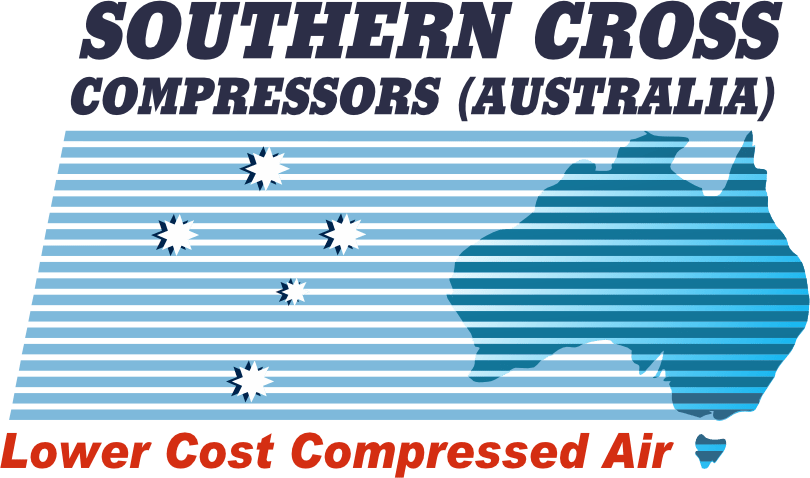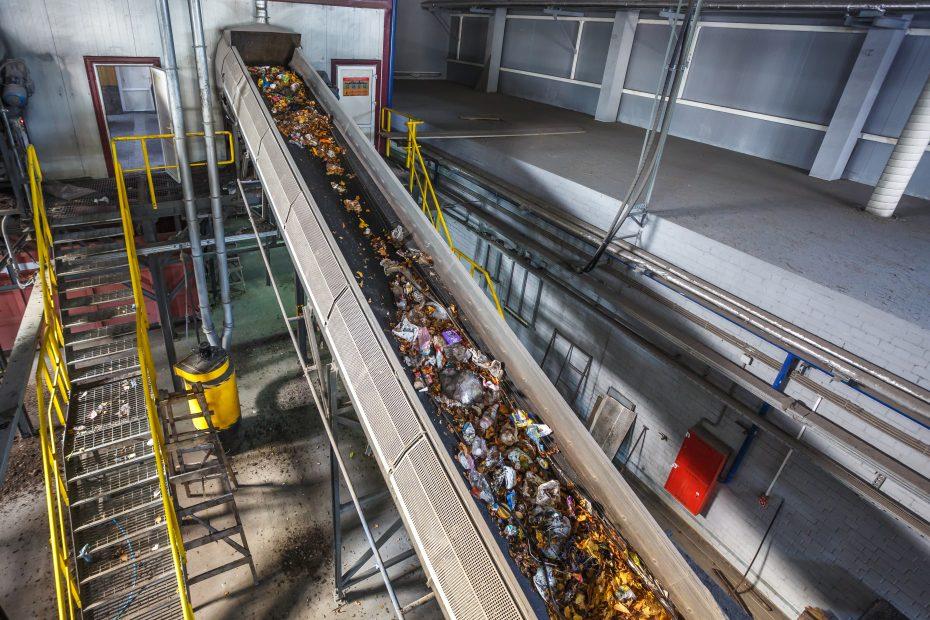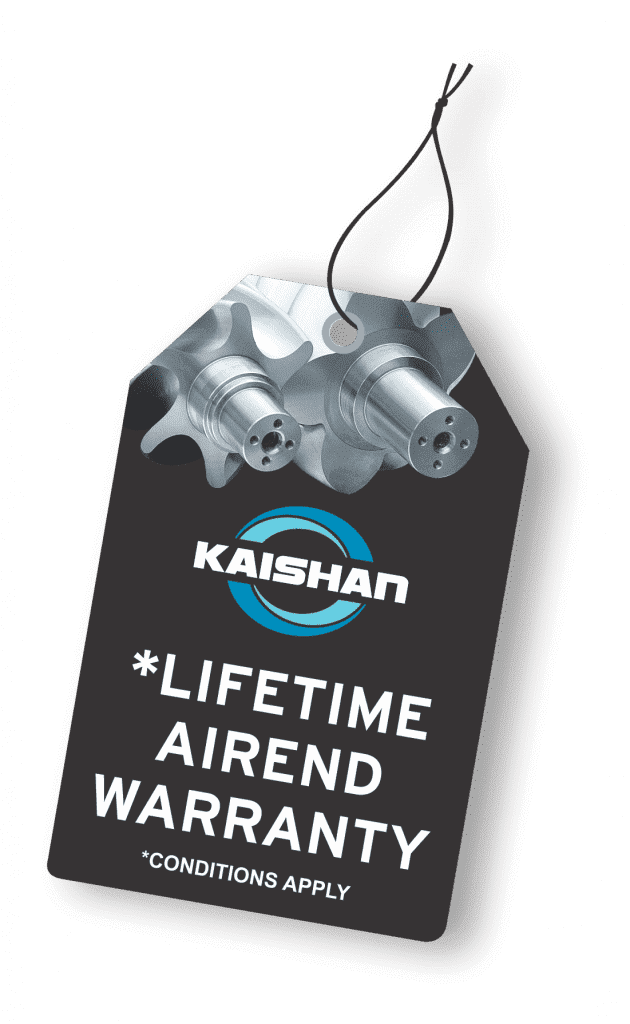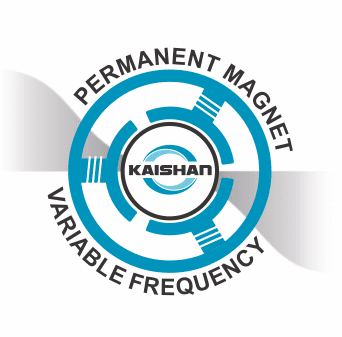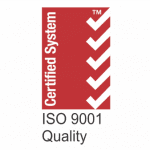The recycling industry plays a pivotal role in reducing waste and conserving resources, but its efficiency can be significantly enhanced through the application of advanced technologies. Air compressors and integrated systems are crucial elements in the industry, providing the necessary power and efficiency to streamline various recycling and general processes.
Today’s air compressors serve multiple functions within the recycling sector, acting as a reliable power source for tools and machines. They facilitate the operation of pneumatic systems that can effectively and efficiently process materials ranging from plastics to metals. As we move towards a more sustainable future, the need for high-efficiency machinery becomes increasingly important, and air compressors are at the forefront of this evolution.
One of the primary advantages of air compressors is their ability to improve operational efficiency. In recycling plants, where productivity and safety are critical, pneumatic tools and automated processes powered by air compressors can drive performance in tasks such as sorting, shredding, and compacting. For instance, instead of relying solely on manual labour or electric machines, workers use air-powered tools and automated systems to meet higher productivity levels. This greatly accelerates the recycling process and reduces the physical strain on workers, ultimately creating a more efficient and safer working environment.
Air compressors also play a vital role in waste containment and management. By providing a source of efficient and economical power, these machines can help in pneumatic conveying systems that transport materials through pipes, minimizing the risk of contamination and loss. This closed-loop system ensures that recyclable materials are efficiently moved and sorted, improving the overall effectiveness of the recycling process.
The environmental benefits of using air compressors in the recycling industry should not be underestimated. Modern compressed air systems are often more energy-efficient than traditional electric or fuel powered alternatives. By reducing energy consumption, recycling facilities can lower their carbon footprints and reduce operational costs. Additionally, investing in advanced, energy-efficient air compressors can translate to long-term cost savings, allowing companies to allocate resources toward further efficiency and environmental initiatives.
While air compressors offer significant advantages, it is essential for recycling facilities to choose the right machines for their specific needs. Factors such as automation, control, capacity, footprint, and maintenance requirements should influence purchasing decisions. From high capacity 2-Stage, rotary screw compressors with variable speed controls running entire plants, to compact, fully integrated compressors deployed to run smaller, specialised applications such as sorting and crushing, there is a wide range of makes and models to choose from.
Companies like Kaishan Australia offer a free assessment service to identify the ideal energy-saving compressor and system design to match the needs of specific applications including recycling processes. These include 2-stage permanent magnet (PMV) rotary screw models to 400kW and Scroll orbital technology in compact integrated units from 4kW.
Regular maintenance is key to ensuring that these systems remain dependable and efficient, avoiding unnecessary downtime that can impede recycling efforts.
Kaishan can also advise on the right preventative maintenance programs for compressed air systems to ensure clean, efficient, long-term operation. The company deploys a national fleet of mobile compressed air technicians carrying spare parts and components to carry out regular maintenance and emergency repairs on call twenty-four/seven.
The versatile functional and energy-saving use of air compressors represents a continually improving and vital asset to the recycling industry. By enhancing operational efficiency, ensuring the safe transport of materials, and providing environmental benefits, they contribute to the overall operational success of recycling processes. As the industry continues to evolve, implementing and optimizing the use of advanced air compressors is crucial in achieving the goals of sustainability and waste reduction.

